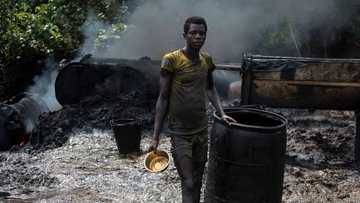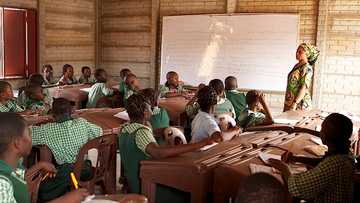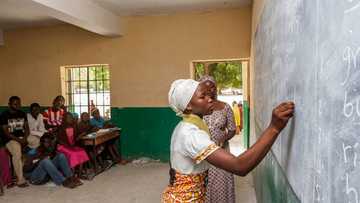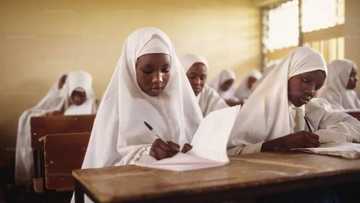Nigerian educational system and the national goals
What do you know about the Nigerian educational system? Do you have any idea of the national goal and the policy on education? The issues the education system in Nigeria faces, and so on? If not, then we've got some important information for you!.
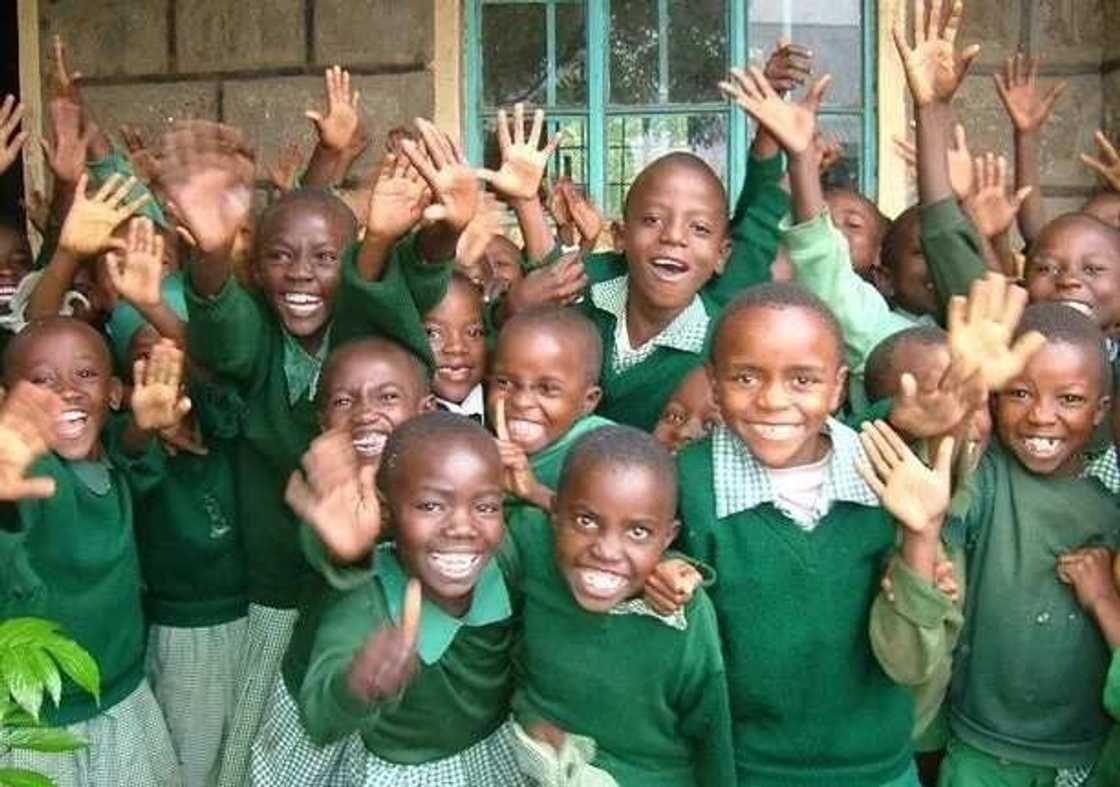
The Nigeria education system after independence
Almost all the countries in Africa sufferers from lack of quality education. Nigeria is an African country with the biggest black-skinned population on the globe. However, even with this number of people in the country, the bigger part of them are educated.
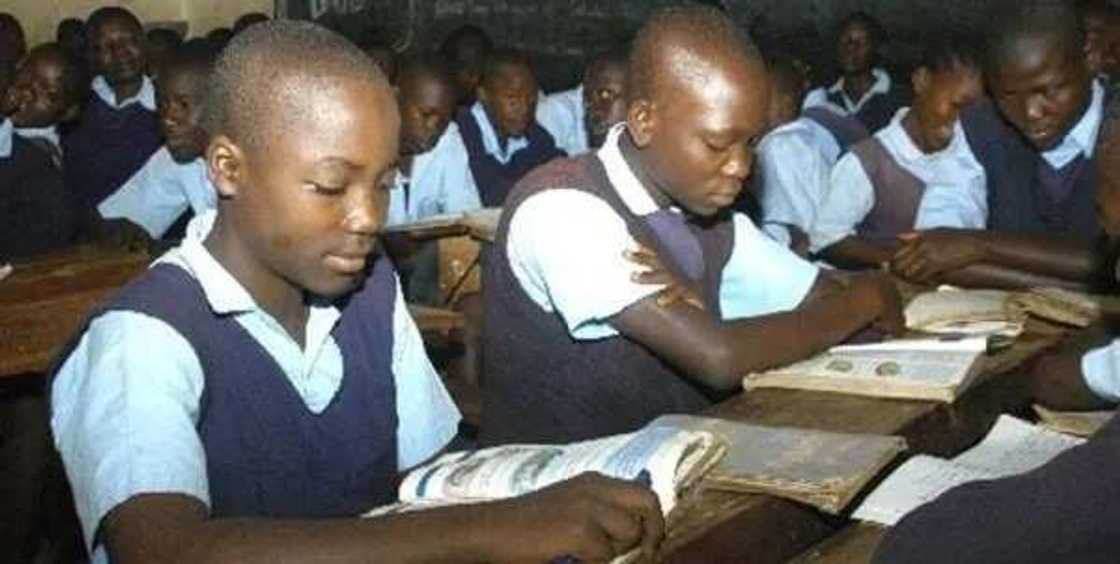
READ ALSO: Senator Oduah launches foundation in late son’s honour
Education in the shape Nigeria has now started with the arrival of missionaries. Before they came, the education children received was not like schooling in any way. The children were taught the rules of life their ancestors lived and that was all.
Up to Independence, Nigeria had only two secondary education facilities, which were the University of Ibadan and Yaba College. After becoming independent, Nigerians began to realize that education is a very important thing that can help the country develop fast.
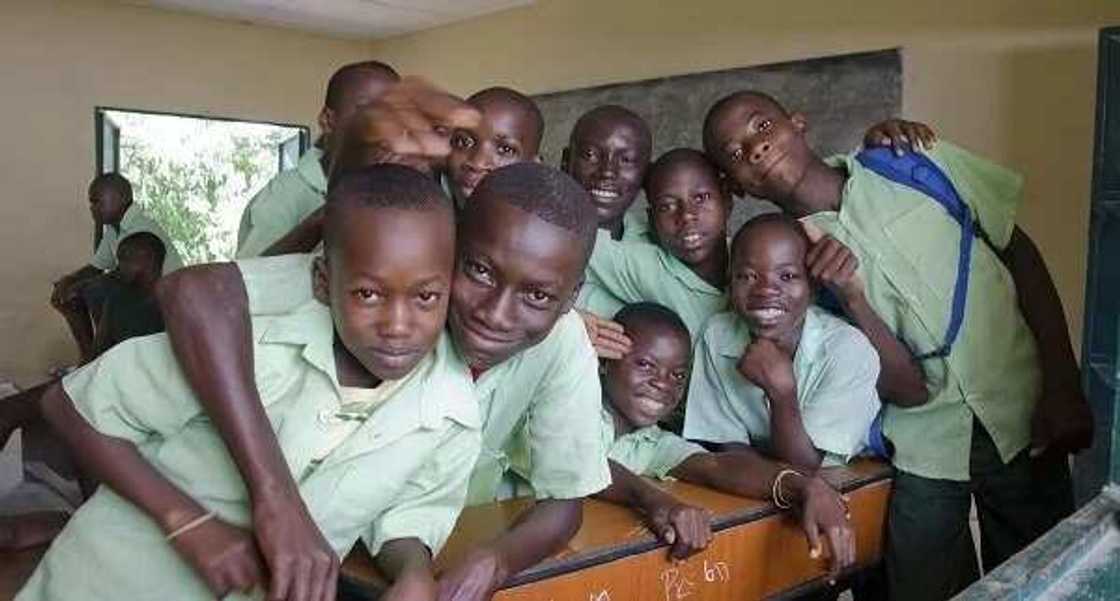
The more people valued education and wanted their children to become educated, the more educational facilities were required. The number of educational facilities started to grow and the western region of Nigeria offered free primary to higher education.
As well, many Nigerians took advantage of studying in Great Britain. Many of them returned to their homeland as qualified doctors, scientists, lawyers, and other professionals. Gradually, the number of higher education facilities became sufficient to satisfy the needs of all the prospective students. The quality of this education has also become much higher.
The goal of the national educational policy in Nigeria
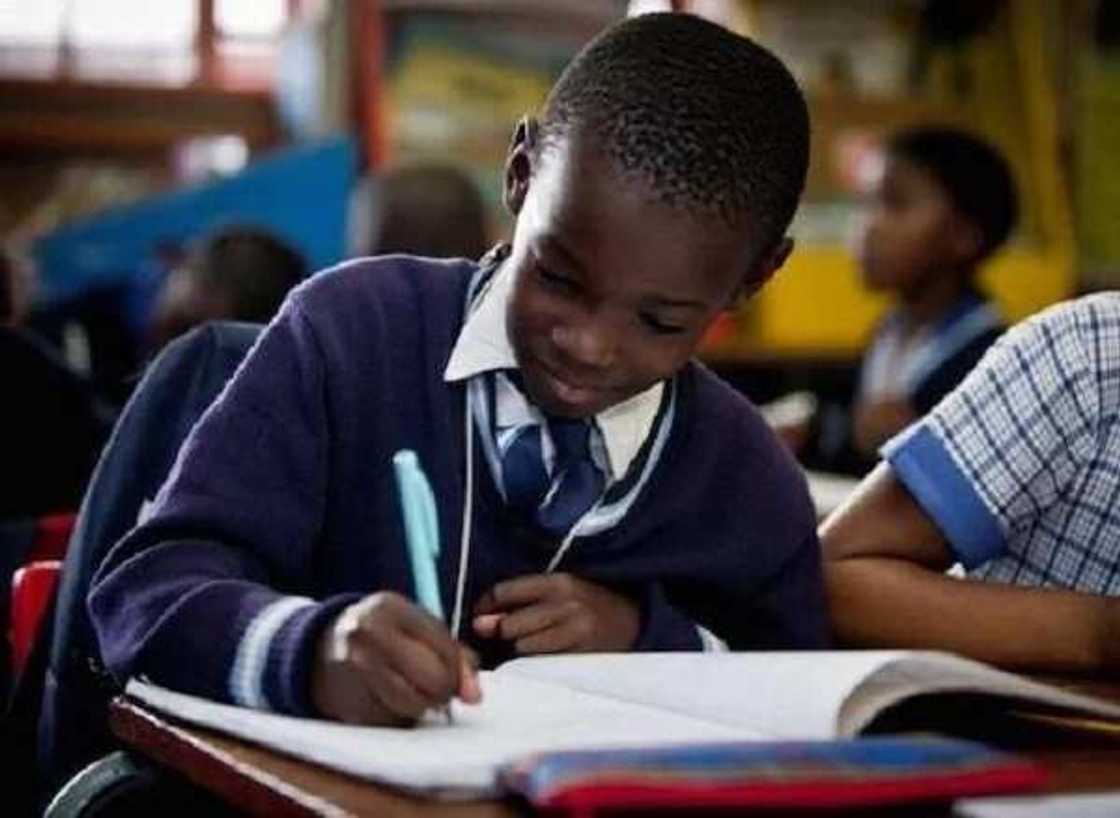
As we already know, the biggest boom in education in Nigeria happened after Independence. After independence, government needed a quick and effective solution to the development of educational in Nigeria. This solution was the national policy on education.
There have been several reforms in the sphere of education, as a result of which some schools already have electronic books and libraries, computer classes, and even electronic examinations. The latest reform of the national educational policy has given Nigeria the following:
- The possibility of receiving education remotely
- The revival of the National Mathematics Center
- The information and communication technologies were included in the compulsory education program
- The universal basic education was implemented successfully and effectively
- Sciences, humanities, technical education are rendered to all the students equally and simultaneously in order to develop their potential, and so on
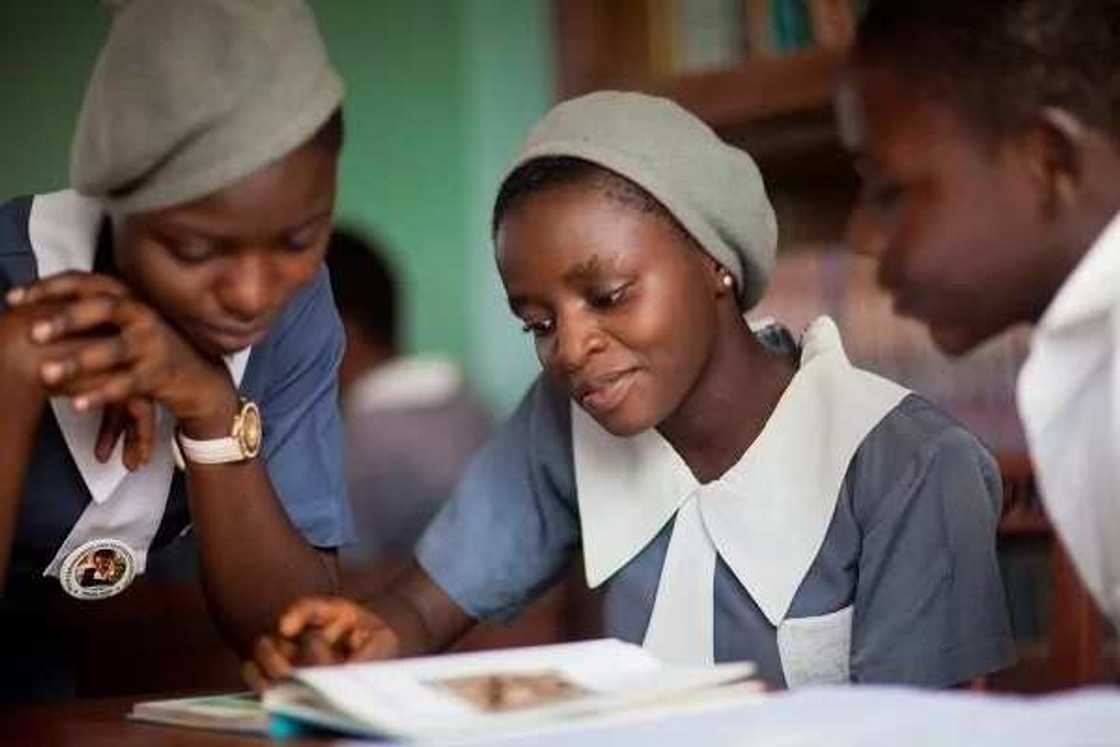
Apart from this, the national educational policy insists that education is going to have the same high rank in the government’s plan for the development of the state. It’s also said that the primary basic education will be available for all the citizens of the country.
Now, let’s give some attention to the very system of education in Nigeria and the way the things are organized.
The first stage: primary education in Nigeria
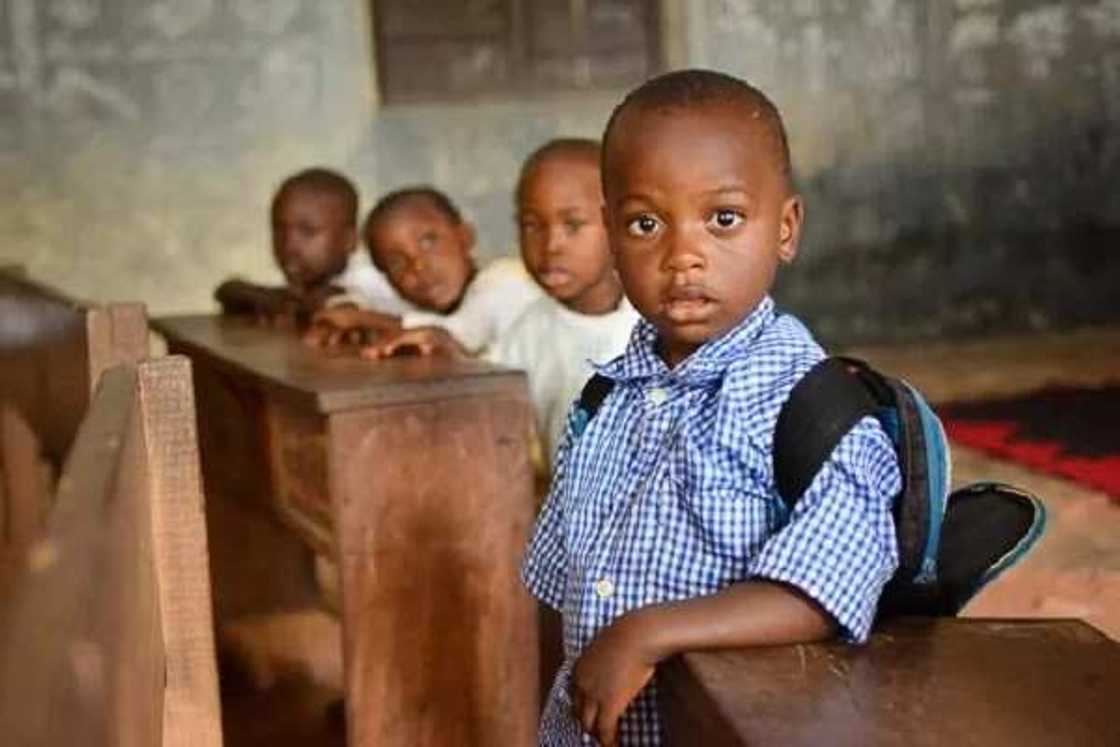
There are three stages in the system of education in Nigeria. The first one is primary education and it starts for the Nigerian children when they turn 4 years. Children are supposed to spend 6 years in the primary schools where they will pass special examinations and move forth to the secondary and tertiary education stages.
The subjects that are studied in the primary school include certain sciences, Christian or Islamic knowledge, mathematics, and English. Of course, apart from English, children learn at least one of the three main languages spoken in Nigeria: Yoruba, Hausa, or Igbo.
Moving forward: secondary and tertiary education in Nigeria
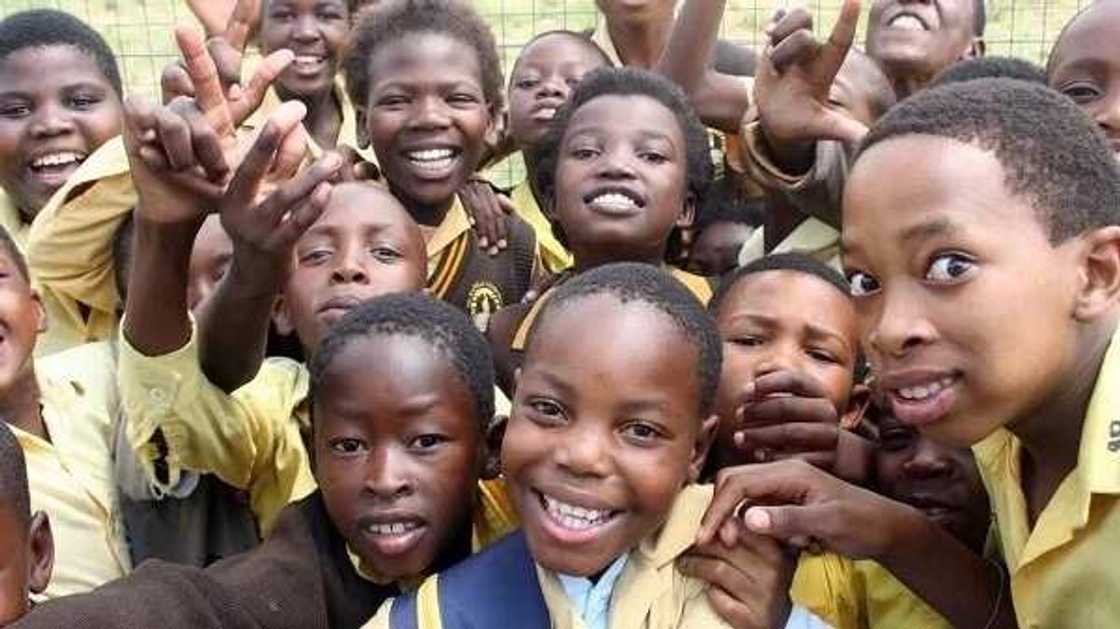
After the primary school, students are expected to pass common entrance examination. This exam will give them the school leaving certificate, which confirms their right to enter a secondary school. The certificate is valid for all the federal, state and private secondary educational facilities.
After the implementation of the Universal Basic Education for all the citizens of Nigeria, the six whole years of the secondary education were replaced with three years of the junior secondary education and three years of the senior secondary education. After this, a student is eligible to enter any higher education facility of his or her choice.
While in the secondary school, students are taught between 13 to 16 basic subjects, depending on the school's curriculum. On the completion of secondary or high school education, students move to further education in colleges and universities.
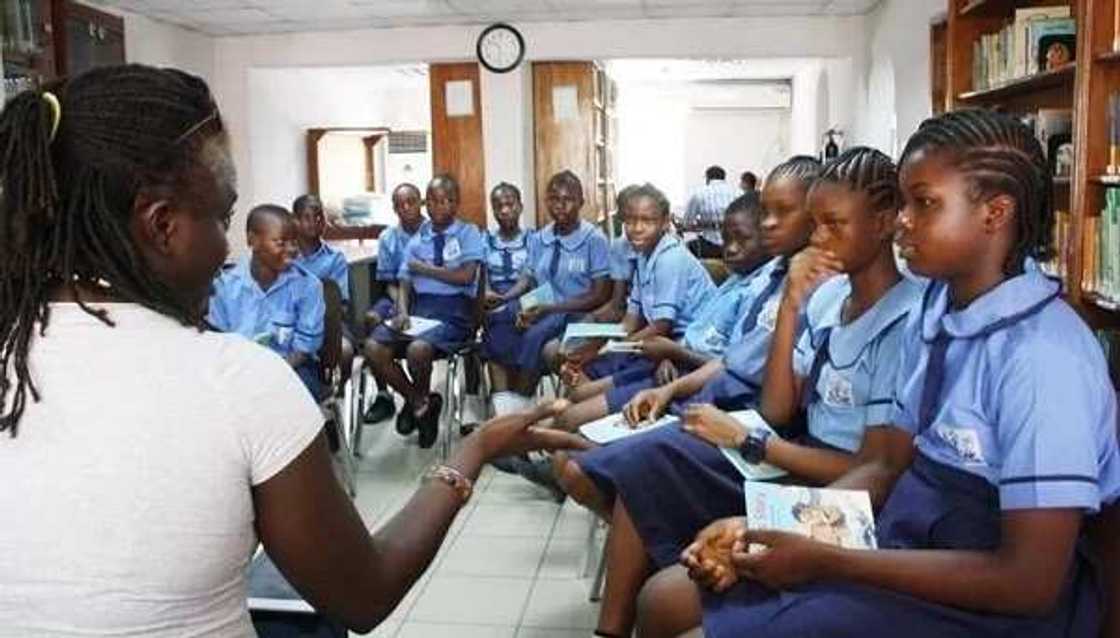
The tertiary education in Nigeria means four years in a university or a college. At the moment, there are 129 universities in Nigeria. 40 of them belong to the federal government, 39 are owned by states and the remaining institutions are privately owned.
Nigeria education system crisis
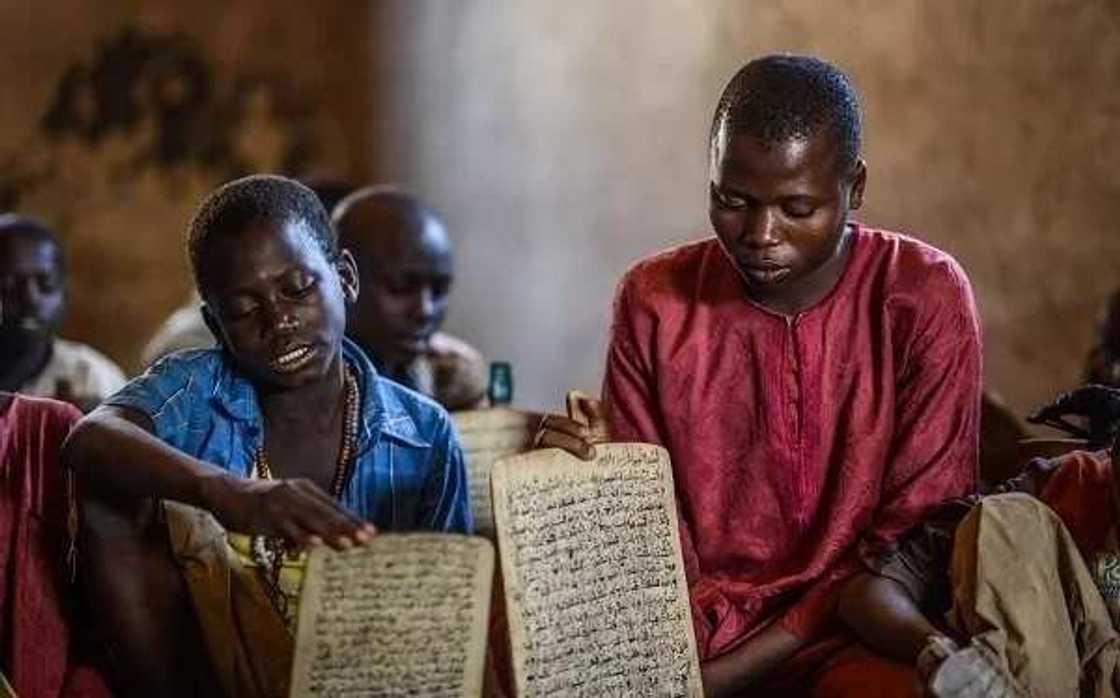
The sphere of education in Nigeria has undergone quite dark times in spite of all the efforts directed at the improvement of the situation. There are several quite serious problems that require attention.
- Inadequacy of personnel in educational facilities. Quite few people choose to be teachers because of low salaries and many other issues. Even those who work as teachers often have other jobs.
- Too many students in a class. In some schools, there are ninety people in one class. In public secondary schooling institutions, students either share chairs or stand to listen to lectures
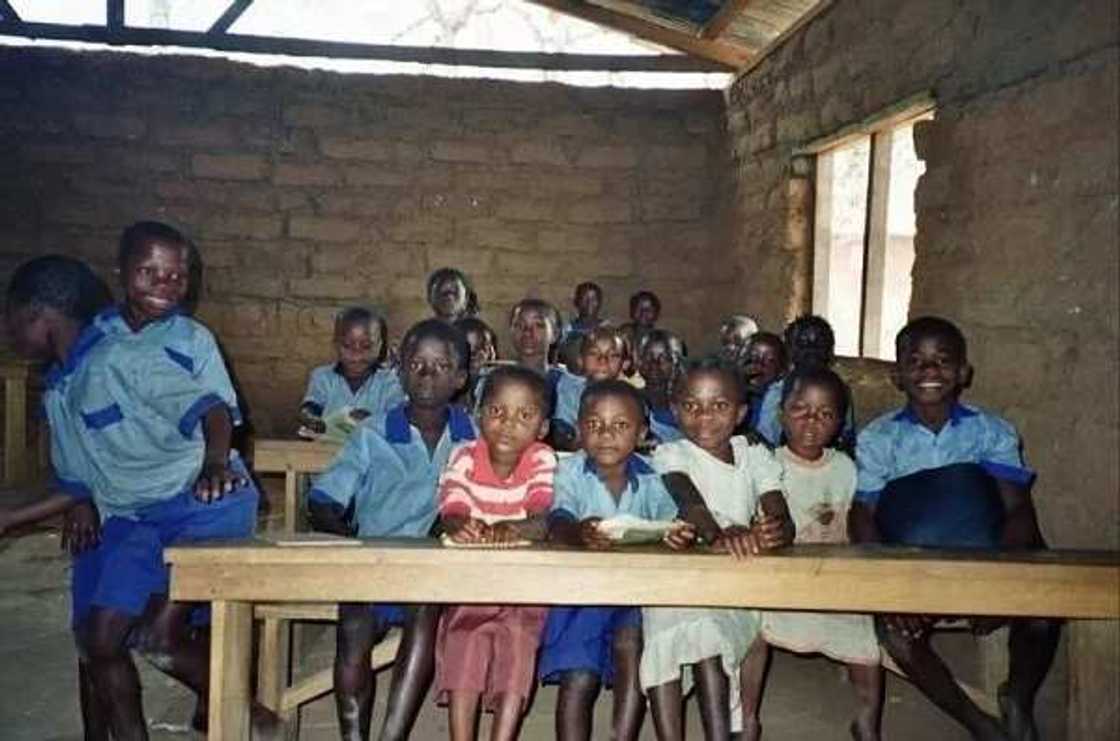
- State governments undertake running too many institutions. It decreases the quality of education due to the improperly shared resources
- Lack of libraries, books, technical equipment, and other means for proper education.
All the mentioned problems influence the quality of education in Nigeria greatly and the only solution to these issues is proper funding of the education and making it more attractive to young professionals.
READ ALSO: Chinese government offers scholarship to 47 ABU first class students
Source: Legit.ng


